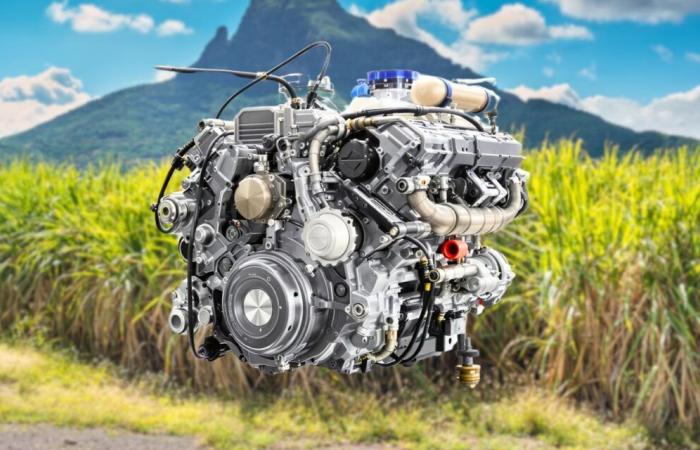
Brazil has been involved in its production since the 1970s (1970), and the arrival of BP (British Petroleum) more recently confirms the seriousness of the product.
BP has sealed the end of the takeover of Bunge Bioenergia, a Brazilian ethanol producing company, at the end of 2024, an acquisition begun in 2019 with a 50% stake in the capital.
Also read:
BP becomes a leader in biofuel in Brazil.
Brazil produces no less than 26 billion liters of ethanol each year. With this acquisition, British Petroleum shows its interest in this production area and strengthens its position in a country where 85% of vehicles run at least partially on ethanol (some already use E100 with 100% ethanol). This acquisition is part of BP's growing commitment to energies renewables and its desire to reduce its carbon footprint and that of its products.
Impressive production capacity
BP Bunge Bioenergia has 11 production sites in Brazil spread across 5 regions. Every year, they transform no less than 32 million tonnes of sugar cane into 1.7 billion liters of ethanolalso 1.7 million tonnes of sugarand produce 1400 GWh of electricity per year thanks to production waste, sugar cane fiber, also called bagasse, a virtuous circle that goes even further.
Significant environmental benefits
The production of ethanol and sugar creates another residue, vinasse, a substance between liquid and paste which contains enough potassium to become a fertilizer for crops (sugar cane, for example). In addition to these elements, ethanol, as a biofuel, produces 70% less greenhouse gases than its fossil alternatives. In short, a product that pollutes less (much less) and whose waste can be recovered makes it an ideal investment for a petrochemical manufacturer seeking to reduce the impact of its products on the environment.
A local economic opportunity
BP Bunge Bioenergia has no less than 9,000 direct positions and 4,000 more including subcontractors. By purchasing sugar cane, providing electricity, fertilizers and ethanol-based fuel, the local Brazilian fabric is the first beneficiary of this purchase which stimulates an entire section of the local economy. Through its expertise, BP arrives with safety standards, technical expertise, knowledge, which it shares, the first visible effect of which is the increase in ethanol yield per hectare from 5,000 to 7,000 liters.
Toyota and Hyundai are banking on the past but this Japanese giant will create the engine that no one dared to launch
This article explores alternatives to historic fossil fuels, here, ethanol and its by-products. Ethanol has the advantage of being able to be mixed with traditional fuels (the famous E15, E85), while producing less greenhouse gases and by-products (waste) which contribute to producing green electricity and fertilizer for crops. BP, as a global fuel player, therefore did not invest in Brazil by chance.
Source : BP





